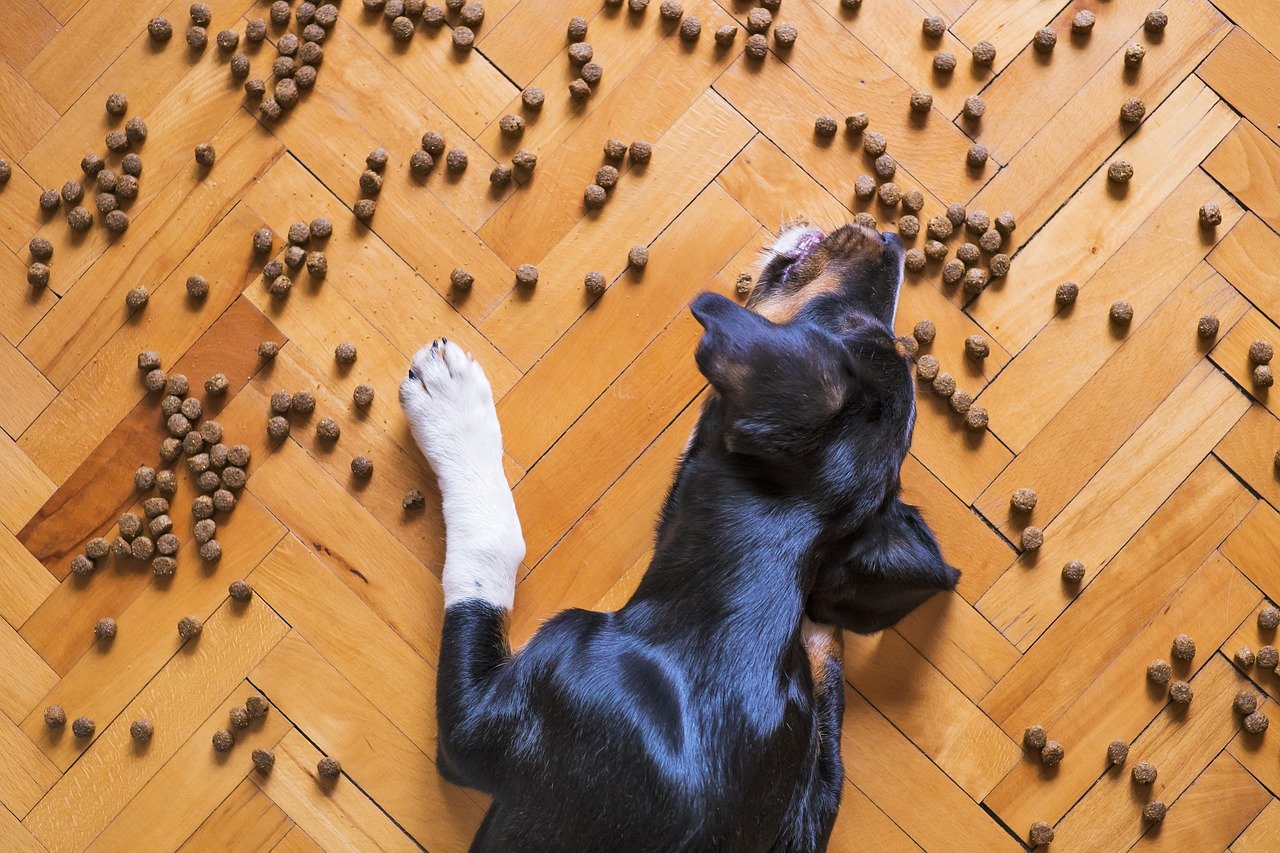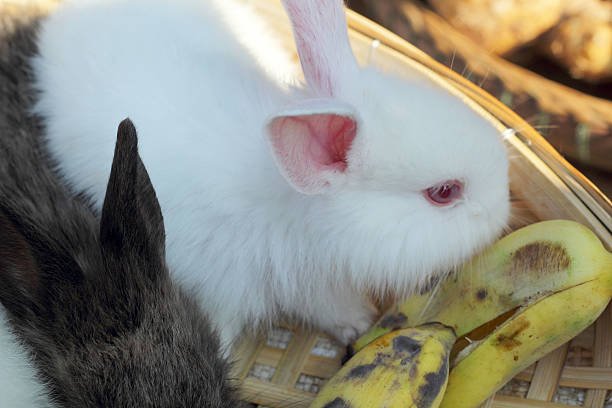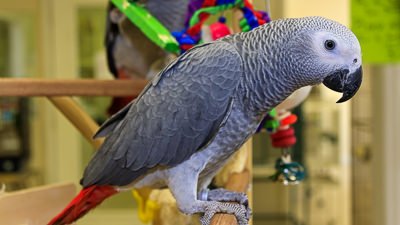Table of Contents
ToggleIntroduction
Most dogs suffer with Anal gland problems. Scent marking can be accomplished by these small glands as well. But, they can become impacted or infected. Pet owners don’t know if food has something to do with it. The answer is yes. Stool consistency, digestion and overall health is something that is a product of diet.
An anal gland problem can result from poor nutrition. To understand how diet affects anal glands and what you should avoid, we continue with this post. Moreover, we will look at what to eat if you want to prevent it.
How Do Anal Glands Work?
The dogs have two anal glands near rectum. A unique scent is produced by these glands. However, firm stool is needed when a dog poops to help empty these glands naturally. It is possible that if the stool is soft, the glands do not empty. Over time, this can become impaction or infected.
The abscesses sometimes lead to infections and abscesses of the orifices. Some dogs may even develop abscesses. This helps to understand how these glands work so problems are avoided. If the glands are not properly fed, their health will suffer.
Can Diet Affect Anal Glands?
It is true, diet does influence anal gland health. A high fiber diet makes stools firmer and thus helps calm the glands naturally. The bad food can cause digestive problems and soft stools. It is found that dogs may have an excess amount of bad characteristic in their diet, resulting in frequent anal gland problems.
Risk also can increase with obesity. Inflaming foods might include processed foods with fillers, artificial ingredients, and preservatives. Proper gland function and reduction in health risk is ensured by a natural diet that is well balanced.
The cause of anal gland issues is a food.
Dogs’ anal glands can be affected by certain foods. Foods with artificial addends can produce inflammation. Soft stools occur with low fiber diets which does not express proper gland. Obesity can be augmented by foods that are high in fat but low in nutrients.
Among some dogs, chronic irritation is due to food allergies. Dairy, some proteins, soy, and wheat are among the common triggers. Adjusting your dog’s usual diet is essential if your dog is suffering from anal gland issues in a frequent manner.
Importance of Fiber in a Dog’s Diet
Proper digestion and firm stools involve fiber. It increases bulk to the stool, helping the gland get expressed naturally. Soluble fiber regulates the digestion and insoluble fiber is there to help regularize the stool content. Pumpkin, sweet potatoes, carrots and apples are high fiber foods.
Added fiber is sometimes added to some dog foods for digestive support. It is best to consult your vet before making dietary changes. It is best to add fiber gradually and gradually prevent stomach upset. It is a fiber rich diet which helps in keeping the anal glands working properly.
Best Foods for Anal Gland Health
Some foods are also beneficial for the health of the anal glands. High-quality proteins provide essential nutrients. Chicken, turkey, fish are all great lean meats. Natural fiber is the whole grain and veggies. Pumpkin provides for firm stools. Omega-3 fatty acids reduce inflammation.
Probiotic-rich foods support gut health. Choose without artificial preservatives and fillers, and less saturated fats. Reducing the likelihood of glandular problems is possible with a diet geared towards your dog’s needs. The best food choices will be consulted with your vet.
Signs of Anal Gland Problems
Itis important to know the signs of anal gland problems. The most common symptom, typically referred to as scooting, is the crawling activity where the pelvis rises up and over the abdomen. To relieve discomfort, they drag their rear on the ground.
Another sign of excessive licking or biting at the anus includes — Impacted glands may have a strong, fishy odor. This would indicate infection; swelling, redness, or pain around the anus. However, some dogs find it difficult to defecate. Any of these signs are cause for immediate consultation with a vet. If your dog is treated early, the complications will not be too severe and your dog will be comfortable.
How to Prevent Anal Gland Issues
A proper diet is the basis of prevention. High-fiber foods promote firm stools. Regular exercise prevents obesity. Offer as much fresh water as you can for digestion. By monitoring for gland health through regular vet checkups, animals won’t develop tumors related to their glands.
Manually gland expression by a vet may be necessary for some dogs. Do not have the habit of eating processed foods and artificial additives. Feed a balanced, high-quality diet. Probiotics and omega-3 supplements can help. Controlling your dog’s weight helps maintain pressure on the glands. Chronic gland problems are prevented by consistent care.
When to See a Vet
Consult a vet if your dog often has problems with his anal glands. If they persist, they are warning signals. The glands do not hardly ever drain themselves, and in some cases may need to be manually expressed. Infections require medical treatment. Severe cases may need surgery.
There are dogs with chronic problems for which only specialized diets are hoped to function. A vet will be able to recommend changes in the diet and also some treatments. Early intervention prevents complications. You should not ignore symptoms as untreated conditions can cause the issues to become worse, and pain or abscesses may result. It ensures that your dog is in good shape.
Conclusion
However, food always plays a role in the health of an anals glands. Soft stools, obesity and inflammation are considered to be the effect of a poor diet. Foods that are high in fiber are pre-approved by the glands to prevent gland issues. Stay away from processed foods, artificial additives and common allergens.
Look out for symptoms such as scooting, licking, or a fragrance. Visit to the vet regularly and balanced diet is good for your health. Through proper dietary choices, you can avoid the pain and contribute to a dog’s wellbeing.





